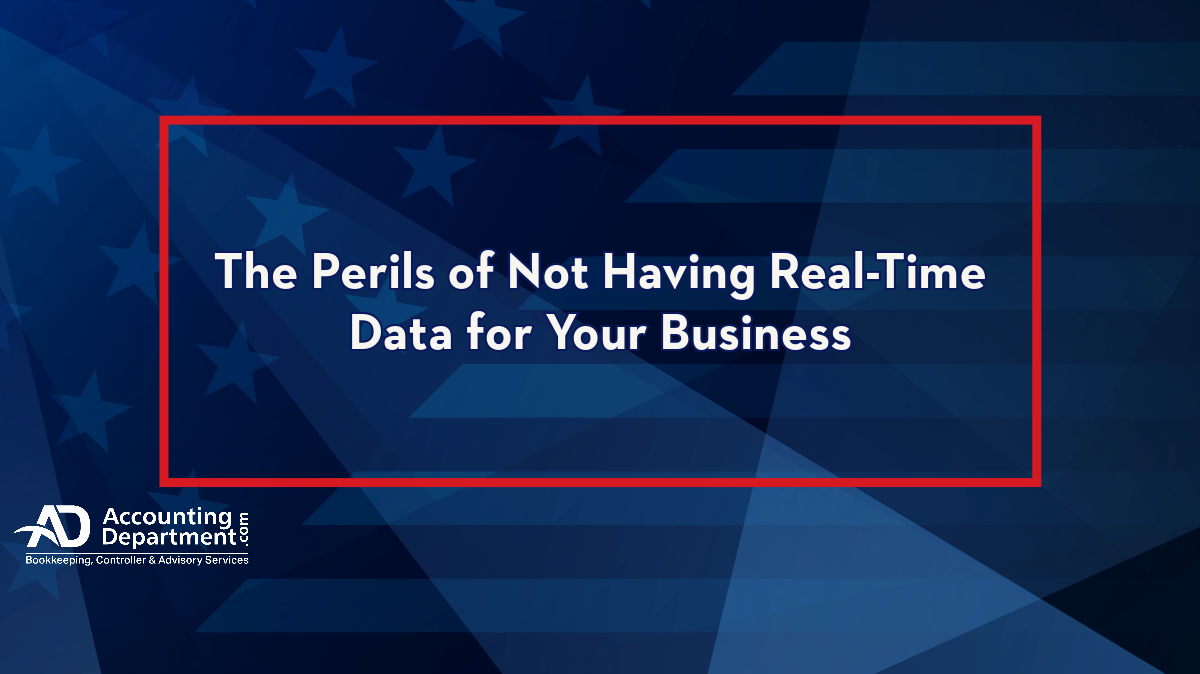The end of the tax year often begins with relief. Relief the tax return deadline has been met (we hope) and has passed you by. Accountants and bookkeepers can now look ahead to the new tax year. But as the days get brighter, so too can your bookkeeping in the coming year.
A new (tax) year encourages you to take a fresh look at your processes. What can I do this year to improve? What do I need to do more or less of? How can I avoid any last-minute stress or burnout?
Starting the year off right can set the tone for the rest of the year: it’s easier to implement processes with a fresh slate and plan ahead. One major change you might be considering is using, or upgrading, your bookkeeping software. You might still be burdened by manual data entry, for example, or hoping to uncover new insights for your clients.
Knowing what technology to use, however, may be harder to work out: last year, a global survey of professional accountants revealed 42% said “they are overwhelmed by the sheer pace of technological change”. This feeling is totally understandable, but using technology doesn’t need to be complex – its goal is to make your life easier and save you time.
With a year round practice powered by technology, you can avoid any last-minute deadline stress and having to breathe a huge sigh of relief after. Here are some tips to get you on your way.
1. Take stock of your tech and individual needs
You might have little or no technology and are looking for software that can extract data from your paper records and receipts. You could be accustomed to data extraction tools but need better software for collecting sales and transaction records from other sources, such as bank accounts and ecommerce platforms, and consolidating all of this data in one location. Or, you might be looking to add layers to your advisory role and use technology that can provide proactive insights, trend analysis and activity metrics on your clients. You can of course get technology that does all of these things and more.
Whatever your situation, by taking stock of your technology and business needs you can understand what tools you require and your budget for it. That way, you can make a decision that delivers the greatest business and cost-efficient benefit.
2. Automate away
Once you have your technology, it then becomes a case of trusting it to do the manual work for you. Two of the biggest time-wasting activities for accountants and bookkeepers are manual data entry and accuracy checks.
There can be an adjustment to changing your way of working and using technology to automate the process. But once it’s implemented, the transition is usually seamless and, rather than complicating the process, you will realise just how much easier automation makes your life. Just think of how much we use our smartphones on a daily basis.
The stakes of any error with data or numbers can be high, and therefore accountants can feel a need to conduct multiple sanity checks, even with tools in place. But the beauty of accounting software is that it checks data accuracy during the upload process and can ensure an accuracy of over 99%, removing the risk of human error.
3. Build transparency with data and client communication
If bookkeepers can communicate to clients the importance of technology for efficiency and explain its benefits, they can improve their own workflows and make their client’s lives easier.
For example, by encouraging your clients to use an accounting app to submit financial data in real time, you can create a mutually beneficial process for working together and visibility over the data.
This transparency is key to building trust and getting the most out of your accounting tools. With this understanding formed, it then becomes easier to advise your clients on their accounts and outline best actions to take moving forward, such as planning for cash flow challenges and increasing tax efficiency. This all helps to encourage clients to submit information sooner and helps you to avoid sending follow-ups amongst looming deadlines.
4. Develop healthy habits
The accounting and bookkeeping profession can be known for having a more strained work-life balance. This can mean not only do you miss out on personal activities important for your wellbeing, but mounting tiredness impacts your work and efficiency. So it’s important to develop healthy working habits.
By managing expected timeframes and deadlines for both yourself and your clients, you can set boundaries that help you form a better work-life balance. It’s remodelling time for both your professional and personal life. And this is where a combination of technology, transparency and shifting the nature of your role work together.
Real-time data collection all year round means you can avoid work piling up in your day-to-day – and especially when tax deadlines are near. With this time, you can focus on delivering greater savings for your client/business, or spend more time building client relationships. Above all, this gives you more freedom with how you work and spend your time, both professionally and personally.
Starting the new year right
A new tax year offers a chance to review your bookkeeping processes and technology. The pace of technological change and number of tools available may seem overwhelming – but there is easy-to-integrate software out there that can lead to a seamless transition.
If you can understand what tools you need, automate your processes and then build transparency with your data and communication, you can remodel how you use your time. This can all help to build healthy habits that bring more professional and personal fulfilment.
Rather than feeling relief that tax deadlines have passed you by, instead you’re breathing a sigh of relief that you have the processes in place to start the new tax year off right.
Dext will be exhibiting on stand 890 at Accountex London on the 15-16 May 2024 at ExCeL.




